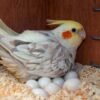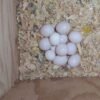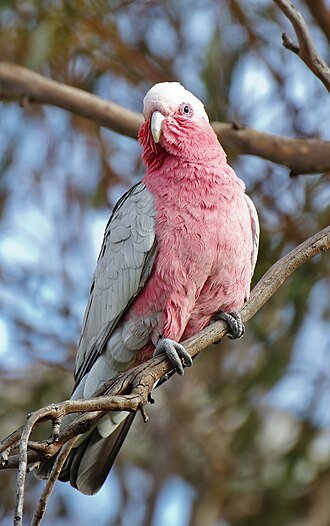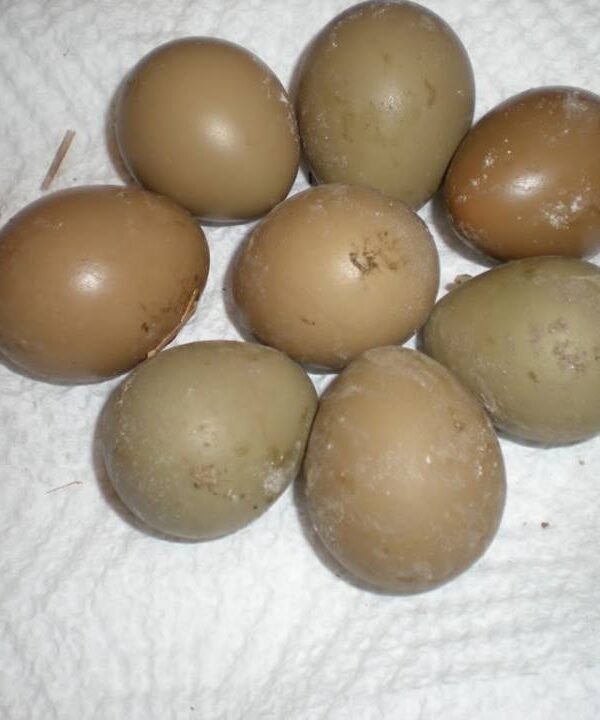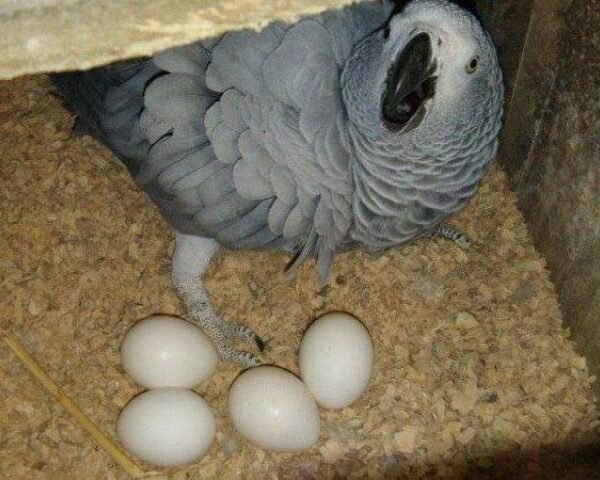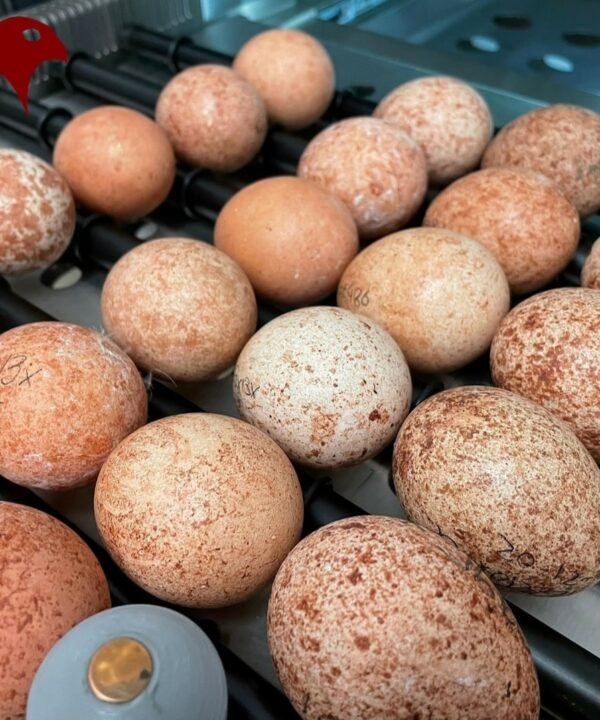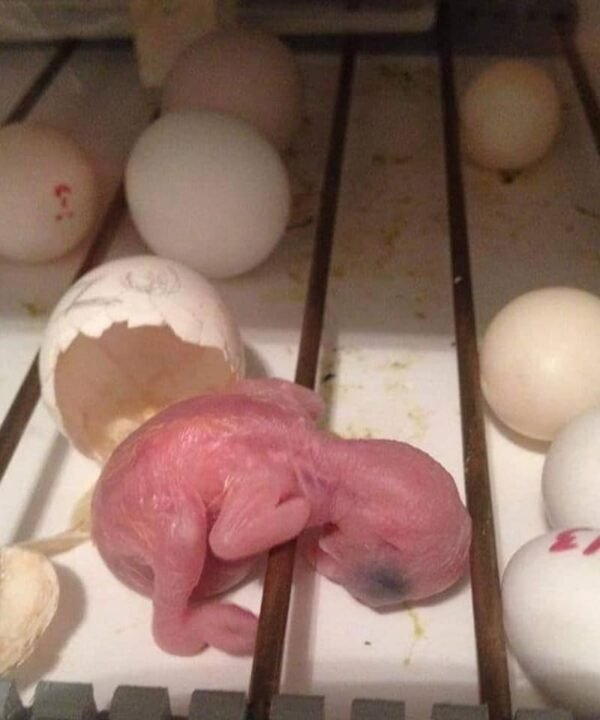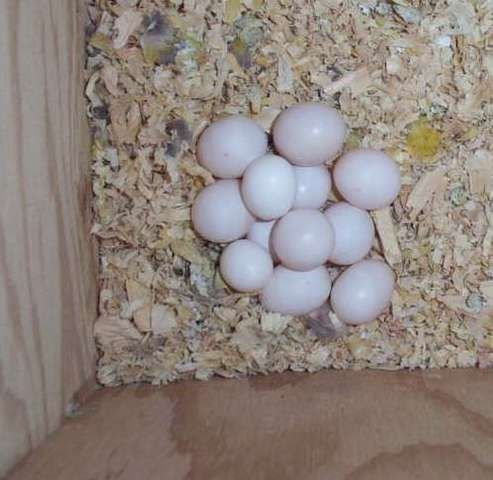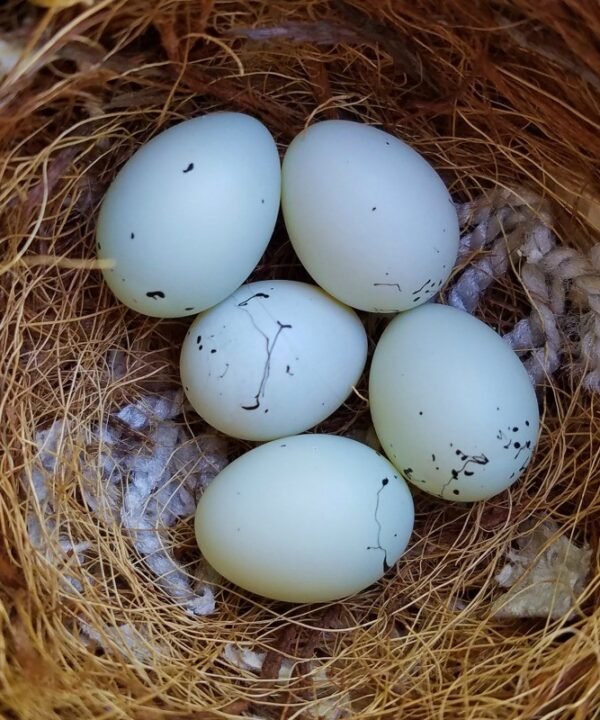$85.00
The Tanimbar corella (Cacatua goffiniana), also known as Goffin’s cockatoo or Tanimbar cockatoo, is a species of cockatoo endemic to forests of Yamdena, Larat and Selaru, all islands in the Tanimbar Islands archipelago in Indonesia. It has been introduced to the Kai Islands, Indonesia, Puerto Rico and Singapore. Goffin Cockatoo Eggs for Sale Near Me – Buy Goffin Cockatoo was only formally described in 2004, after it was discovered that the previous formal descriptions pertained to individuals of a different cockatoo species, the Ducorps’ or Solomons cockatoo (Cacatua ducorpsii). Tanimbar corellas are the smallest of the white cockatoos. It is classified as Near Threatened due to deforestation and bird trade. It breeds well in captivity and there is a large avicultural population.
Tanimbar corellas weigh, on average, about 250 g (9 oz) for females and 300 g (11 oz) for males. They are about 31 cm (12 in) from head to tail.
Like all members of the family Cacatuidae, the Goffin Cockatoo Eggs for Sale Near Me – Buy Goffin Cockatoo is crested, meaning it has a collection of feathers on its head that it can raise or lower. Its body is mainly covered with white feathers, with salmon or pink colored feathers between the beak and eyes. The deeper (proximal) parts of the crest feathers and neck feathers are also a salmon color, but the coloration here is hidden by the white color of the more superficial (distal) areas of these feathers. The underside of its wing and tail feathers exhibit a yellowish tinge. The beak is pale grey and the eye color is brown in females and black in males. The males are slightly larger, but otherwise look similar to the females.
In captivity, Tanimbar corellas live up to 30 years, making them one of the shorter-lived cockatoo species.
Due to ongoing habitat loss on Tanimbar, limited range and illegal hunting, the Tanimbar corella is evaluated as Near Threatened on the IUCN Red List of Threatened Species. It is listed on Appendix I of CITES. In the 1970s, Japanese loggers ravaged the islands. Many of the dazed, disoriented birds were captured for the pet trade. Although many died from stress during shipment, there may be a small silver lining behind this ecological disaster, because many Tanimbar corellas have reproduced in captive breeding programs. As such, there are now more Tanimbar corellas in captivity than in the wild.
Related products
Fertile Parrot Eggs For Sale
Rosebreasted cockatoo for sale oline – Buy Rosebreasted cockatoo online
Fertile Parrot Eggs For Sale
Fertile Parrot Eggs For Sale
Congo African grey parrot for sale – Congo African Grey Parrot Eggs
Fertile Parrot Eggs For Sale
Falcon Eggs for Sale online – Buy Peregrine Falcon eggs for sale online
Fertile Parrot Eggs For Sale
Fertile Parrot Eggs For Sale
Fertile Parrot Eggs For Sale

